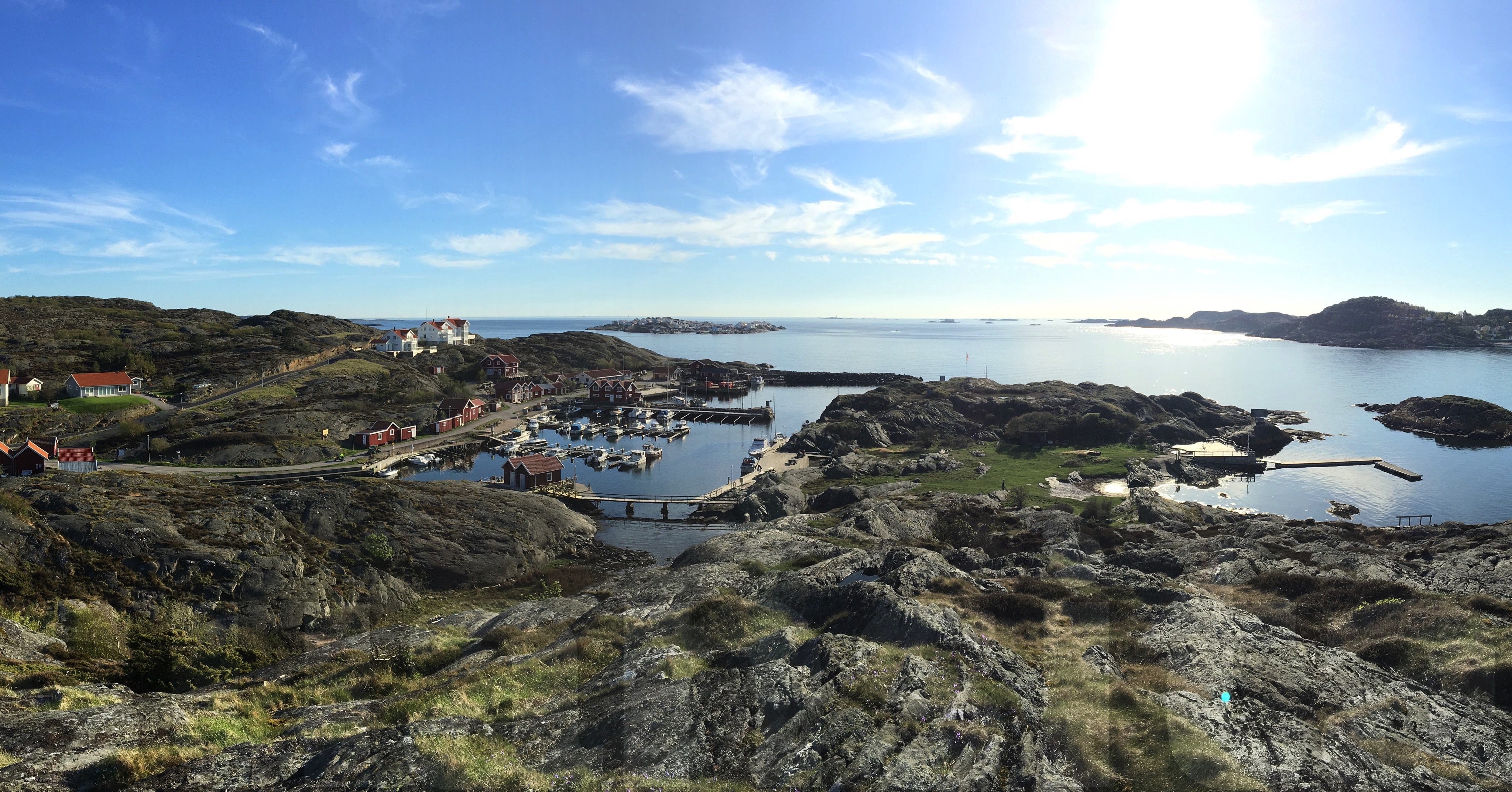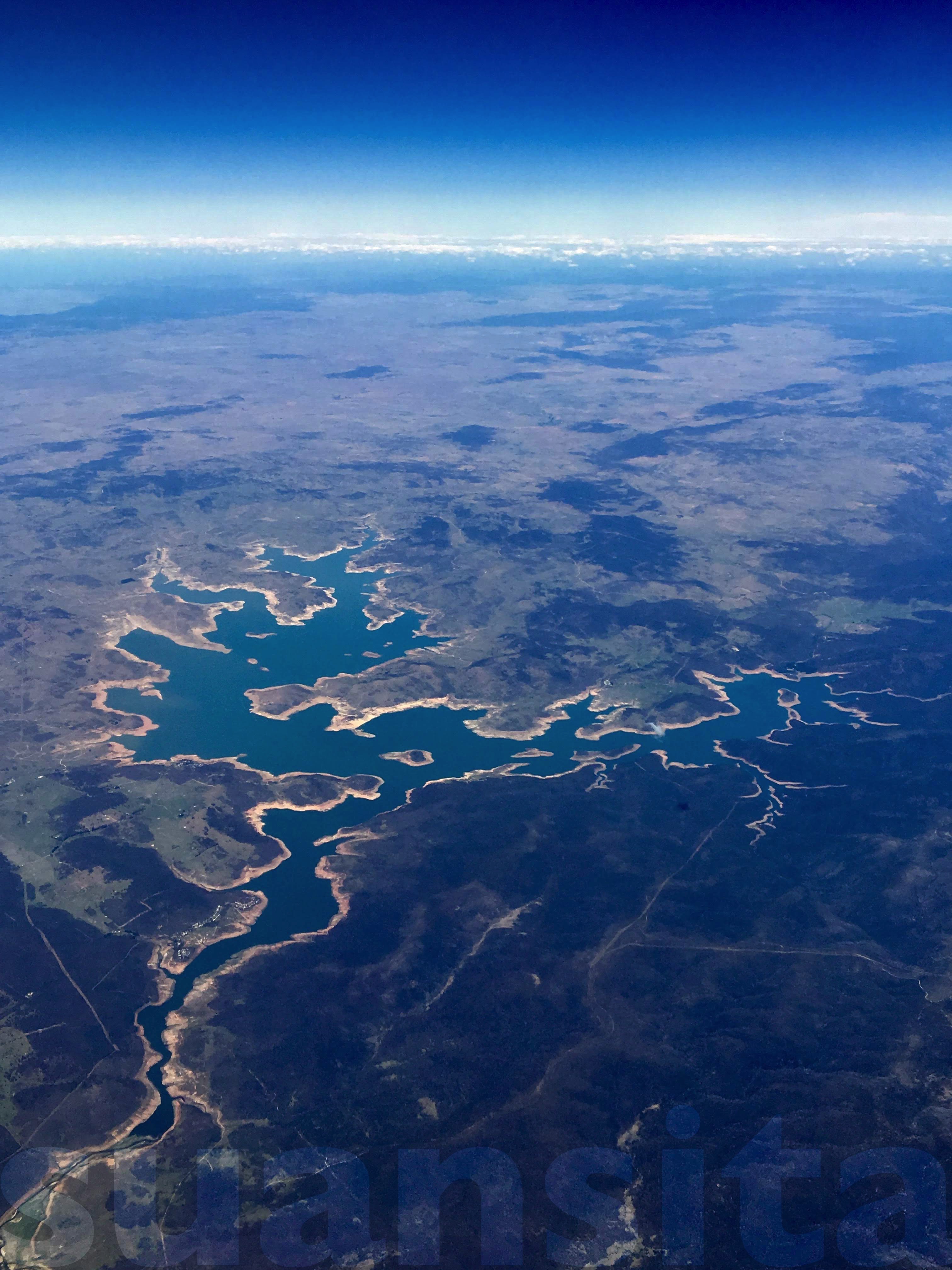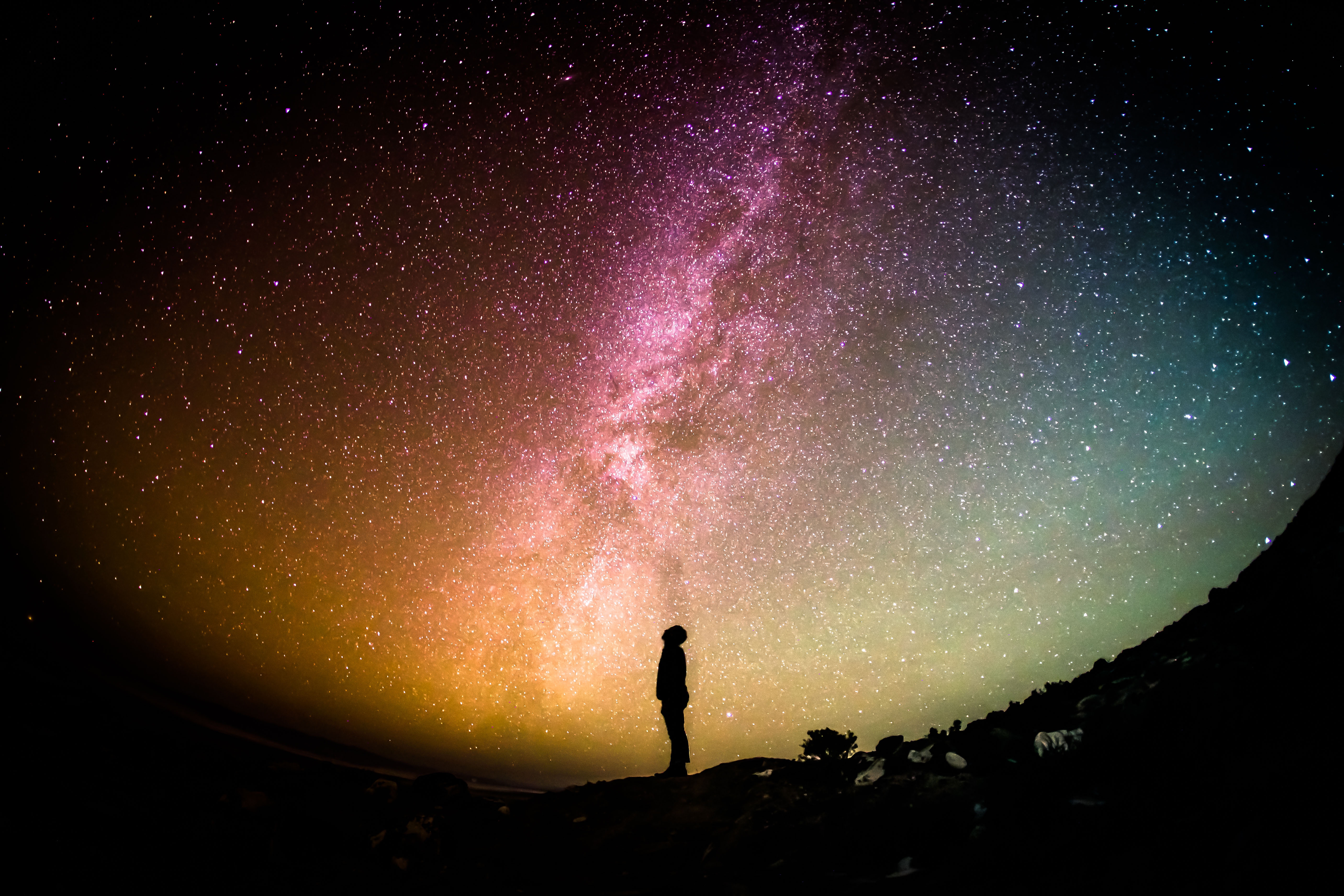Concepts create idols. Only wonder grasps anything.
Gregory of Nyssa
This quote struck quite a chord with me when I came across it again recently. It captures my thinking in developing the theme and content for two of our major events at work this year. I truly believe cultivating wonder can do more to educate and mobilise people than concepts can.
Part of me absolutely loves concepts and delights in philosophy and academic pursuits more broadly. Ideas that explain stuff can be so satisfying. Yet my post-uni life has been a strong reaction against this approach – mostly because I got to the point where concepts proved too weak to sustain my faith. Also, I got tired of people trying to show how intelligent they are by talking about the minutiae of things that don’t really matter.
Where concepts failed to woo me, wonder thrived and transcended. In writing and reflecting on this quote from Gregory of Nyssa, it dawned on me that the pursuit of wonder has been a driving theme for me not just at work this year, but over the last decade of my life. All the travelling I did in my twenties is at least partly an expression of this.

It’s a bit of a trope to say our society (and millennials in particular) values experiences over possessions. The market for experiences continues to grow. We purchase them not only when we go to the movies, but when we visit a cat cafe (or any given hipster cafe), watch sports at a stadium or take a tour to see the “authentic” [insert location name here] and eat “where the locals eat”.
And many of these experiences are more than mere entertainment to us. They draw us deeper into something.
I can’t help feeling a lot of these experiences are like doses of wonder that we (and I include myself here) shoot up on. A hit to escape the everyday and get high on novelty.
What is it, though, this thing we call wonder? A feeling of awe? Is it a sensation or an emotion? Or is it an emotion so visceral that it’s practically as physical as a sensation?
What I do know is that wonder is powerful because it puts us into a position of looking at things from a different angle. And wonder happens precisely when we allow ourselves to be displaced into seeing from another perspective.
This is humbling because it takes us out of our normal, out of our comfort zone and our usual way of perceiving things. It requires humility to experience this, because we need to be willing to accept that our way of viewing the world isn’t the only way of viewing it, that the world is far bigger than our limited view of it.

Travel can and often does achieve this end. Going abroad reminds us that there are diverse cultures and worldviews, that our way of doing things is most certainly not the only way. That what we believe to be universal – marrying for love, concepts of punctuality, pumping your own petrol at the station, having running water and washing your hands after you go the toilet – is actually very particular to our culture or subculture and circumstances.
Intimate relationships challenge how we view things, too. The experience of falling in love can be a source of wonder to us because it transforms our perspective, changing the way we see ourselves, the other person, the world and Love in general. It’s both a humbling and an empowering thing.
Wonder reminds us that we are human and that there is a strand of the eternal and the divine in us. And isn’t that a beautiful mystery?
When we can be bogged down by our own inadequacies, shame and frustration, or by the troubles of the world, wonder lifts our eyes up and beyond the mundane.

*
Postnote: I read the first part of Gregory of Nyssa’s quote in a book, but the next bit of it is worth including here. Remember, this guy lived and died in the fifth century AD.
People kill one another over idols. Wonder makes us fall to our knees.



